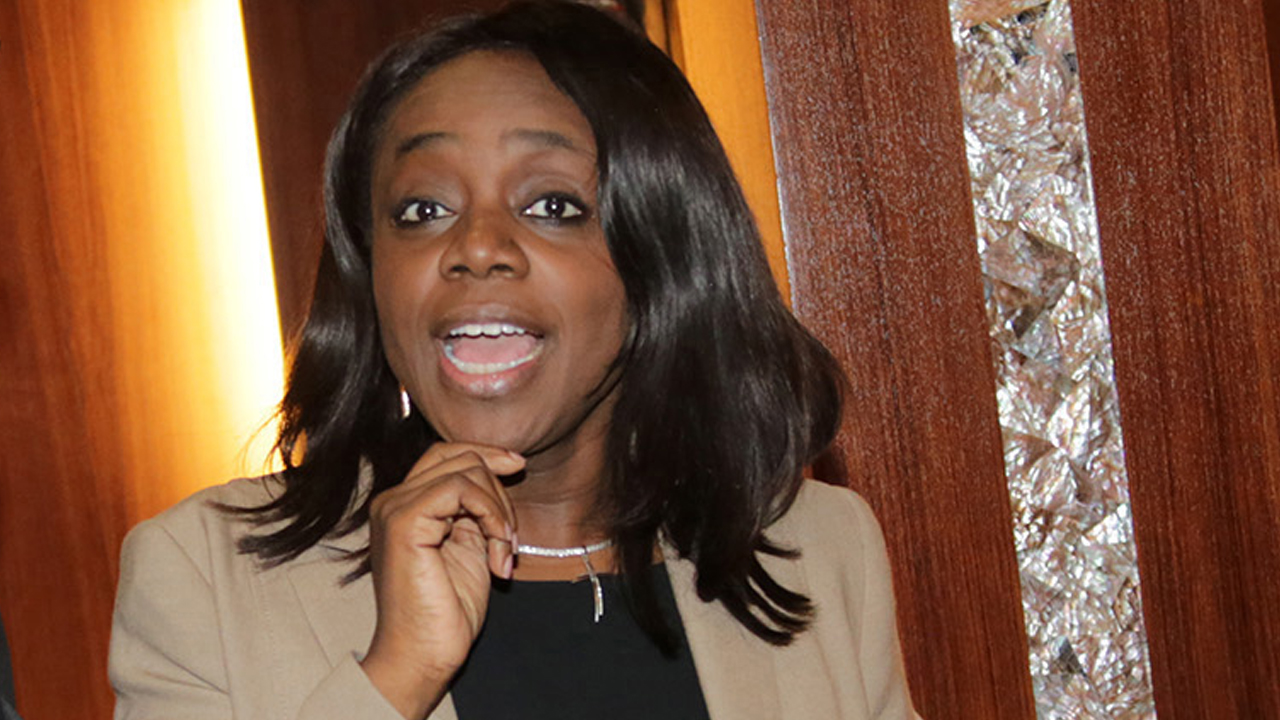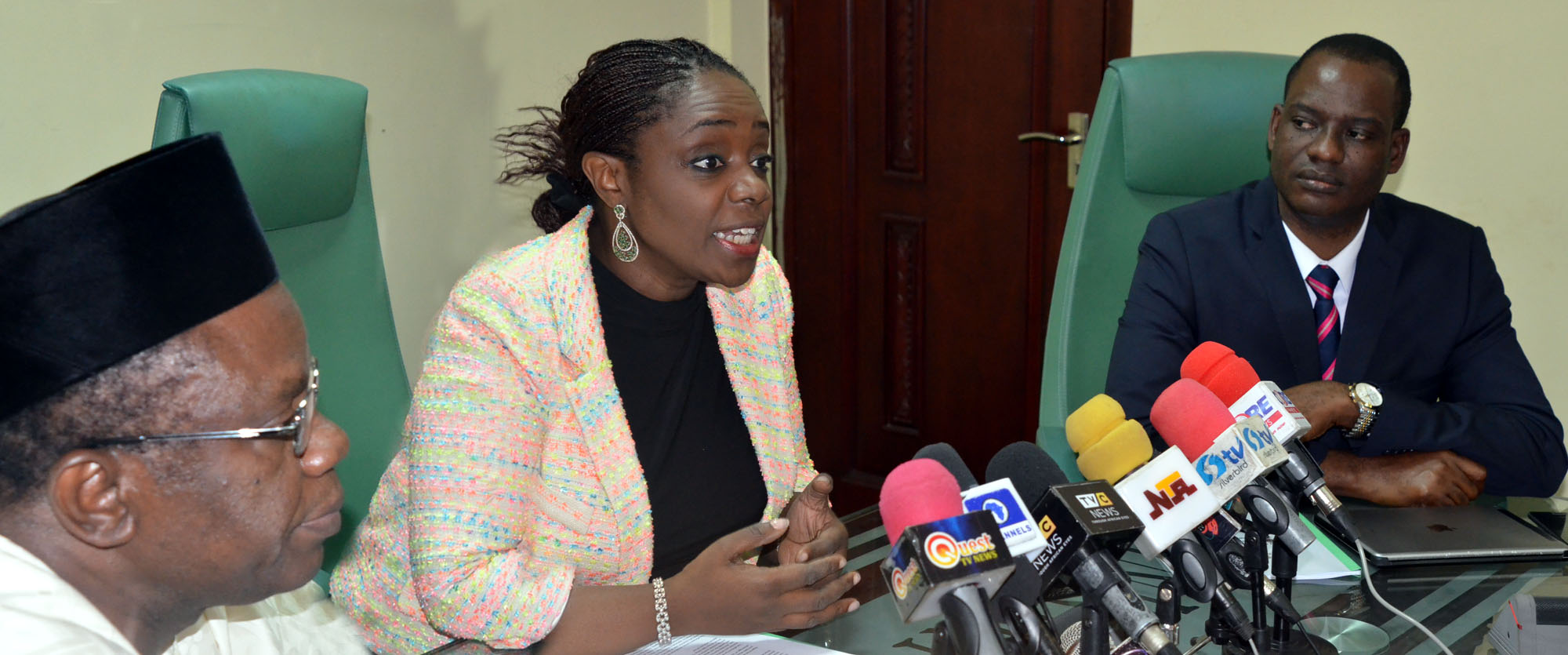…Says wealthy Nigerians can longer evade tax
The Minister of Finance, Mrs. Kemi Adeosun has said it will be difficult for the rich to avoid paying taxes given the plans by the government to widen the tax net and capture all those who should be paying.
She expressed regret that no fewer than 56 million Nigerians, who should be paying taxes, are not paying.
Mrs Adeosun spoke in Enugu during a sensitisation programme on the Voluntary Assets and Income Declaration Scheme (VAIDS). It was hosted by the Enugu State Government.
The minister said huge sums of money had been moved out of Nigeria without the owners paying any tax. She said such people would be fished out.
”The good news for government, which is bad news for the tax evaders, is that globally, nations have agreed to share data under the Automatic Exchange of Information. This means that sitting at our desks in Abuja, we are getting information about assets that the owners thought were well hidden from the tax authorities.
“As you know, Nigerians are entitled to keep their wealth anywhere in the world, including under their mattress, but what the law requires is that they pay tax on their income as they earn it,” Mrs Adeosun said.
The event was attended by Enugu State Governor Ifeanyi Ugwuanyi; Deputy Governor Cecilia Ezeilo; Speaker. Edward Uchenna Ubosi; Commissioner for Finance Eucharia Uche Offor, members of the State Executive Council, members of the House of Assembly and traditional rulers, among others.
The minister said: “Payment of taxes is a fundamental requirement for our growth story. Nigeria has a very poor scorecard in tax payment. When oil came, we abandoned the old system of tax collection that provided most of our infrastructure since colonial days.
”Currently, we have just 14 million tax payers out of 70 million who are economically active. So, many people who should be paying are not paying anything. It is the development of taxes that will help the states and the Federal Government to achieve their true potentials.”
She explained that payment of taxes had become imperative to avoid the recent collapse in oil prices and the resultant recession.
Mrs. Adeosun recalled that after years of neglect, the Federal Government has revived some road projects, including the 9th Mile – Ngwo – Milken Hill – New Market.
“Indeed, the President Muhammadu Buhari Administration has completely transformed road expenditure. In 2015, the figure was N19 billion for the whole nation; in 2016, we increased it to N220 billion and we plan to do much more.
“This government has recognised that infrastructure is the key to creating jobs, growth and wealth. We have already released N1.2 trillion in capital so far for the 2017 Budget, which commenced in June 2017 and most of this was applied to roads, bridges, rail, power, our airports and other key infrastructural projects.
“How will this capital investment translate to jobs? Not only do we get the direct jobs with construction companies and others but there is indirect opportunity for suppliers of building materials and aggregates.
“In the longer-term, efficient infrastructure reduces the costs of doing business and makes many ventures viable and profitable. We are seeing young entrepreneurs springing up to replace imported items with locally made goods of the highest standards. We are seeing export of foods and finished goods into international markets,” Mrs. Adeosun said.
On VAIDS, the minister said the scheme was initiated to provide an opportunity for tax payers to regularise their tax status relating to previous tax periods.
She maintained that tax defaulters who failed to take advantage of the programme would be subjected to tax investigations as well as made to face criminal prosecution for tax offences.
Ugwuanyi lauded Buhari and the minister for their “resourcefulness and dynamism” in the establishment of VAIDS.
He enjoined all tax payers to take advantage of VAIDS to regularise their tax liability.
The governor urged the President and the minister to prevail on federal agencies in the state to pay their taxes.
He said the state government was committed to growing its Internally Generated Revenue (IGR), which had increased from N14 billion in 2016 to N22 billion in 2017.



